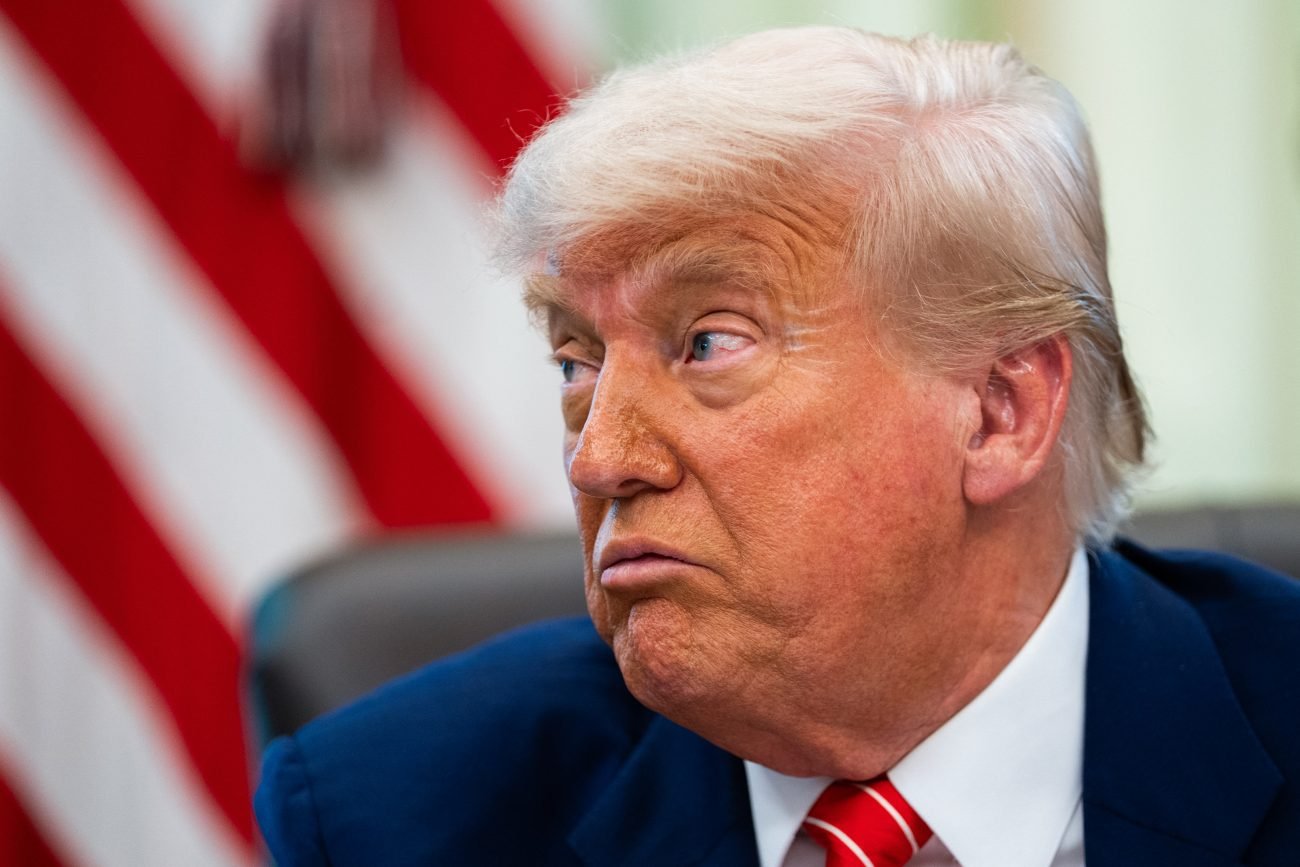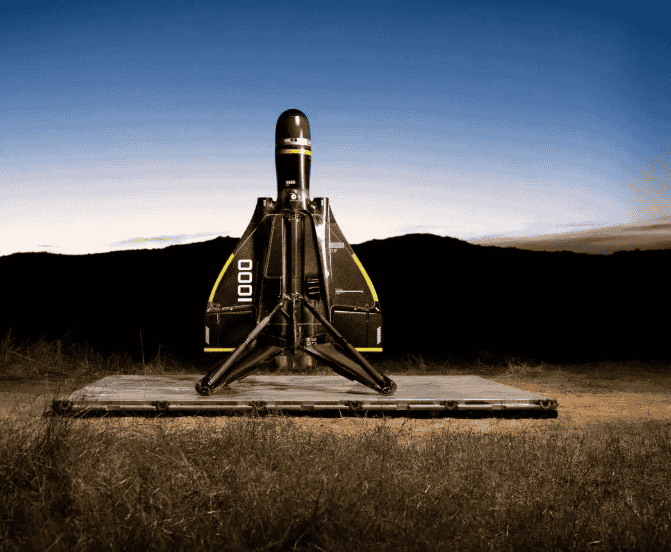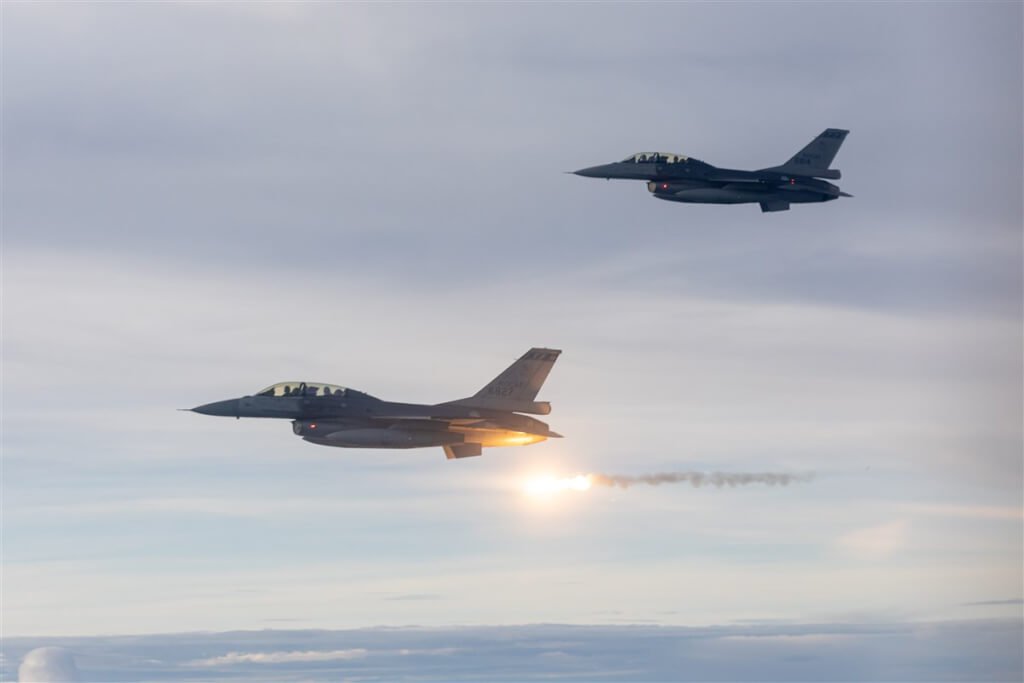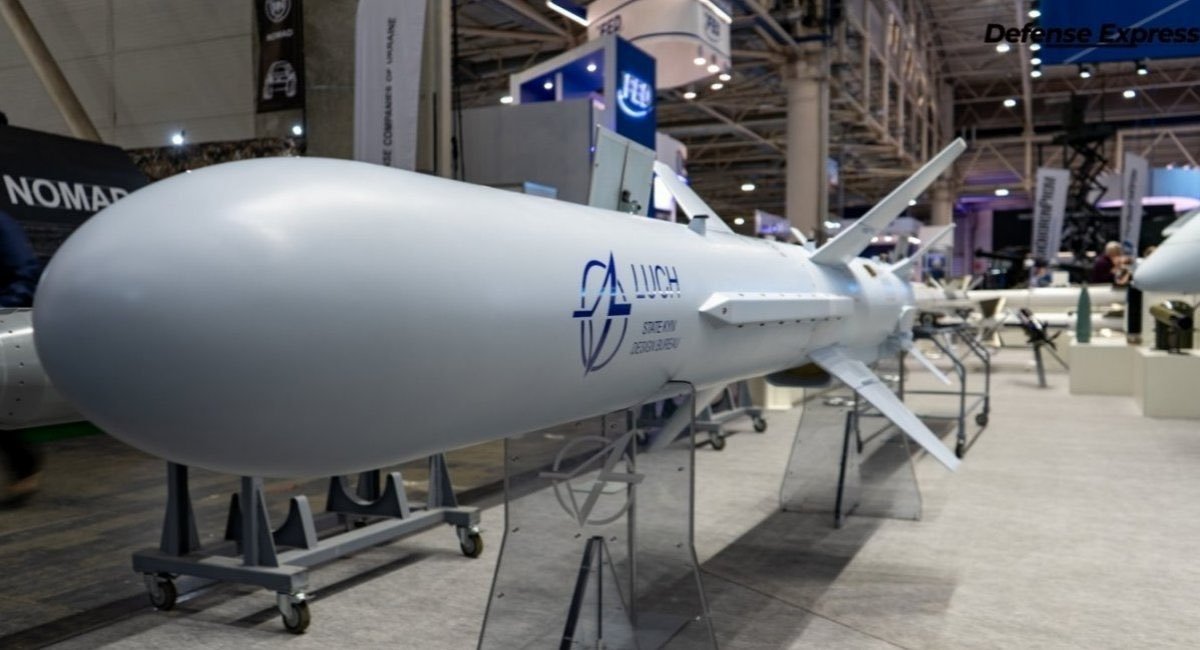Hanwha Ocean, a leading South Korean defense and shipbuilding firm, announced it has secured a new contract with the US Navy to conduct maintenance, repair, and overhaul (MRO) services on the 31,000-ton replenishment vessel, USNS Yukon (T-AO-202).
This contract follows Hanwha’s previous deal in August to provide similar services for the logistics ship Wally Schirra, marking crucial progress for South Korea in supporting US Navy operations in the Indo-Pacific region.
Under the new contract, Hanwha will conduct extensive inspections and repairs on the USNS Yukon, aiming to complete the work and return the vessel by April 2025.
This project aligns with the US Department of Defense’s “Regional Sustainment Framework,” which aims to establish MRO hubs across the Indo-Pacific region, with South Korea emerging as a critical partner in this effort.
Under the Seventh Fleet’s Regional Sustainment Framework, Hanwha Ocean has secured all two contracts issued by the fleet’s office in Singapore so far.

The USNS Yukon, which supports the US 7th Fleet, is essential to US Navy operations in the Indo-Pacific. Launched in March 1994, the ship is 206 meters long and has a beam of 29.6 meters. It plays a crucial role in sustaining fleet operations with fuel and provisions.
“Based on our world-class MRO technologies, we will deliver the vessel in a timely manner and contribute to the US Navy’s power buildup and the US-Korea alliance,” Hanwha Ocean stated.
Kim Dae-sik, Hanwha Ocean’s managing director, added, “Hanwha Ocean is becoming a trusted partner in US Pacific Fleet operations.”
The strengthening alliance between the US and South Korea in naval MRO was further highlighted in October when Admiral Stephen Koehler, commander of the US Navy Pacific Fleet, toured Hanwha Ocean’s Geoje shipyard.
During this visit, he discussed expanded collaboration on future MRO projects with Hanwha Group Vice Chairman Kim Dong-kwan.
Meanwhile, in a recent conversation with South Korean President Yoon Suk Yeol, President-elect Donald Trump also encouraged South Korea’s increased involvement in the US shipbuilding and naval MRO, noting the mutual benefits of deeper cooperation between the two allies.
Kim Dae-sik said, “We aim to contribute to the improvement of US naval power and the Korea-US relationships through a timely delivery based on the world’s best MRO technology.”
US Seeks To Bolster Shipbuilding With Allied Support
The US shipbuilding industry has been plagued by persistent challenges, including lengthy project delays, significant cost overruns, and a limited production capacity that has hampered its competitiveness.
These issues have become more pronounced over recent years as China’s shipbuilding capabilities continue to expand at an impressive rate.
Today, China boasts the world’s largest shipbuilding industry, producing more than half of the global commercial vessels and maintaining a fleet that surpasses the US Navy in size.
By early 2023, Chinese shipyards had amassed orders for approximately 1,800 large commercial vessels, a staggering number when compared to the mere five such orders in the United States.
This growing imbalance has raised concerns in Washington, spurring a strategic push to shore up the US shipbuilding sector through partnerships with key allies.
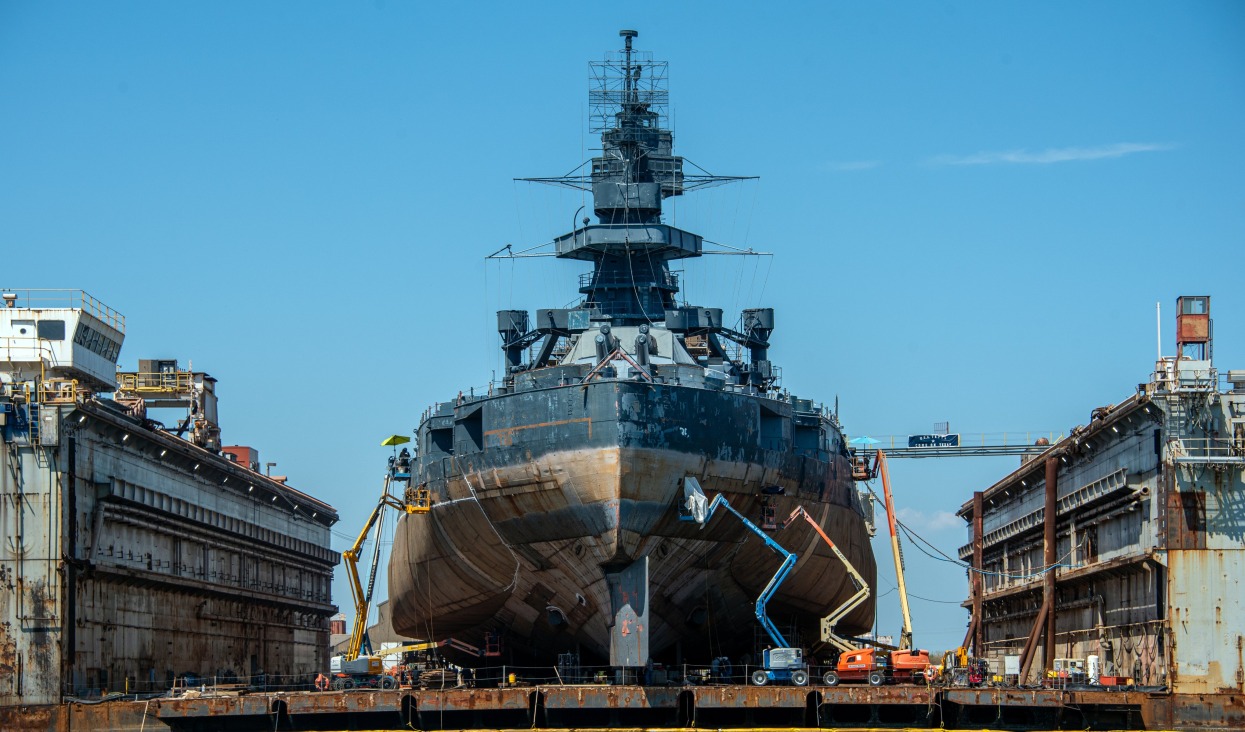
The United States has turned to allies such as South Korea, Japan, and India to counter China’s dominance, requesting assistance in strengthening its naval shipbuilding capabilities.
In April, US Navy Secretary Carlos Del Toro visited shipyards in South Korea and Japan to promote joint investments and discuss avenues for collaboration.
Del Toro highlighted South Korean and Japanese shipyards’ advanced efficiency and cutting-edge technology, praising their ability to manufacture ships faster and at a lower cost than their American counterparts.
Moreover, in June 2024, South Korea’s Hanwha Group acquired Philly Shipyard in Philadelphia for US$100 million. This acquisition marked Hanwha Ocean’s crucial entry into the US Navy shipbuilding sector.
With Philly Shipyard as a base, Hanwha plans to expand its defense portfolio by constructing warships to meet Washington’s requirement for domestically manufactured naval vessels.
The acquisition and recent US Navy contracts are poised to solidify further Hanwha’s role in supporting American defense capabilities.
Hanwha’s competitor, HD Hyundai Heavy Industries, is also positioning itself to secure US Navy contracts. In July 2024, HD Hyundai was granted the right to compete for maintenance, repair, and overhaul (MRO) work over the next five years, signaling South Korea’s growing involvement in the US naval supply chain.
Meanwhile, the United States has been intensifying its efforts to protect its maritime interests and counterbalance China’s influence. In July, the US, Canada, and Finland announced joint plans to build new icebreakers for operations in the Arctic, where competition with Russia and China has escalated.
Furthermore, the Biden administration has launched an investigation into alleged unfair practices within the Chinese shipbuilding industry. China has rebuffed the US accusations, arguing that Washington is deflecting attention from its industrial shortcomings.
The Chinese Ministry of Commerce contends that excessive protectionism has undermined the competitiveness of the US shipbuilding sector, attributing the industry’s struggles to American policy choices rather than foreign interference.


